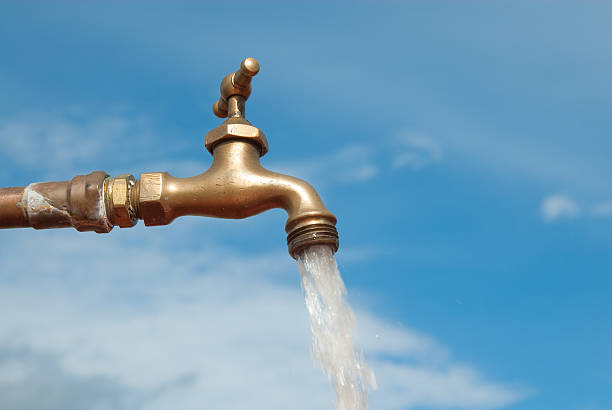Overview of Water Quality Issues in Rural Villages
The Urgent Need for Clean Drinking Water
Recent studies reveal that a mere 4% of tap water produced in rural villages meets the necessary standards for safe drinking. This alarming statistic underscores the critical need for improved water quality management in these areas.
Health Risks Associated with Poor Water Quality
Increased Incidence of Kidney Stones
The inadequate quality of tap water is linked to significant health risks, particularly the prevalence of kidney stones. In a recent analysis, it was found that 33.9% of residents in affected villages suffer from this condition, which is notably higher than the provincial average. The primary contributing factors include high levels of water hardness and limited access to clean water sources.
Economic Impact on Households
Financial Burden of Water Softening Solutions
Families are facing an economic strain due to the necessity of purchasing water softening solutions. On average, households spend approximately 1,915 CNY annually on water treatment, which constitutes about 5.8% of their total income. This financial burden highlights the urgent need for government intervention and support.
Community Response and Government Action
Demand for Government Compensation
A significant portion of the community expresses a willingness to accept government compensation to improve their water supply. About 60% of families indicated they would welcome an annual compensation of 3,324 CNY to facilitate access to clean drinking water. This reflects a strong community desire for action and support from local authorities.
A Call for Immediate Action
Prioritizing Clean Water Initiatives
The findings emphasize the necessity for immediate action to address the water quality crisis in rural villages. Enhancing infrastructure, providing financial assistance, and ensuring regular monitoring of water quality are essential steps towards safeguarding public health and ensuring access to safe drinking water for all residents.The situation calls for a collective effort from both government and community stakeholders to develop sustainable solutions that prioritize the health and well-being of rural populations.









